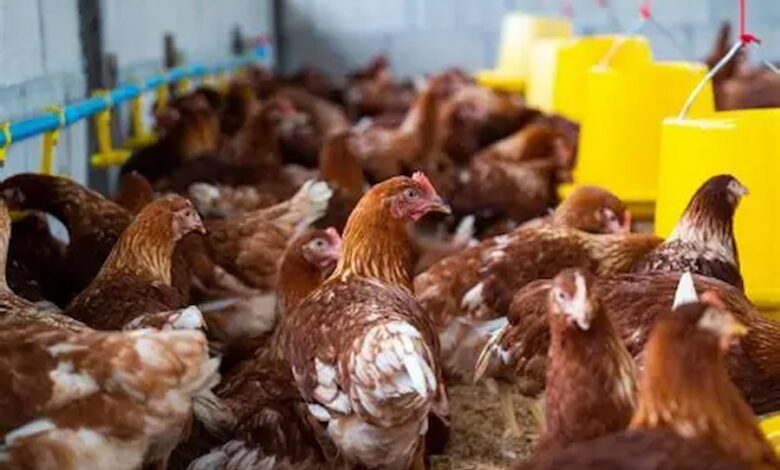‘Nkoko Nkitinkiti’ programme must link production with processing – IMANI

According to IMANI’s Criticality Analysis of Governance and Economic Issues, Ghana’s heavy reliance on poultry imports, now exceeding 80% of national consumption and costing over $300 million annually, has become a pressing economic concern.
The government’s forthcoming Nkoko Nkitinkiti Programme, set to launch in October 2025, seeks to address this by distributing 3 million birds nationwide to support commercial, medium-scale, and local poultry farmers.
While the initiative promises to boost domestic production, IMANI emphasizes that production alone cannot solve the problem.
Without adequate processing and cold-chain infrastructure, the policy think tank warns, the country risks creating a surplus of unprocessed birds, leading to wastage and unstable market prices.
Kwame Anim Somuah, President of the Greater Accra Poultry Farmers Association, captured this concern succinctly:
“What we are asking for is an update to farmer associations so we can plan accordingly. For instance, if I raise my birds now, in less than two months, they’ll be ready. But the question is, when they are fully matured, where do I take them?”
IMANI notes that this highlights the missing link between production and processing.
For the Nkoko Nkitinkiti Programme to succeed, Ghana must build an integrated poultry value chain, linking feed production, hatcheries, processing plants, packaging, and cold storage facilities.
Such integration, IMANI argues, is essential not only to prevent post-production losses but also to stabilize prices, ensure consistent supply to urban markets, and create jobs across related sectors such as logistics and packaging.
In conclusion, IMANI maintains that Ghana’s poultry revival depends on aligning production with processing.
Producing millions of birds without the means to process and market them would be, in its words, “like building a factory without electricity—productive potential without economic impact.”





